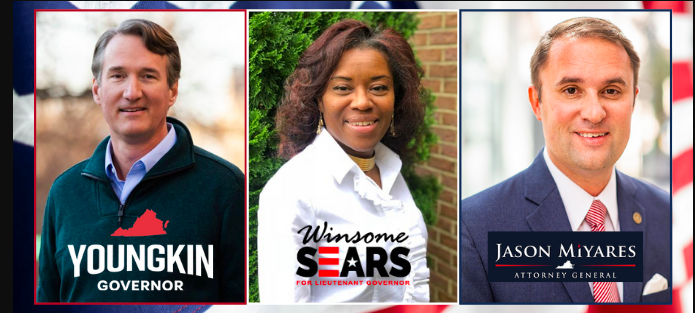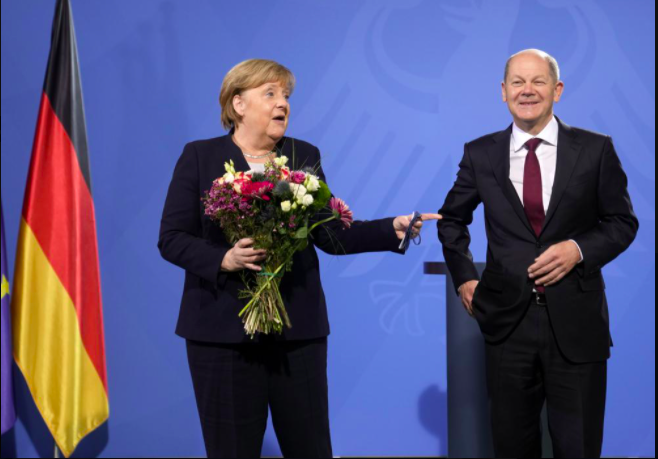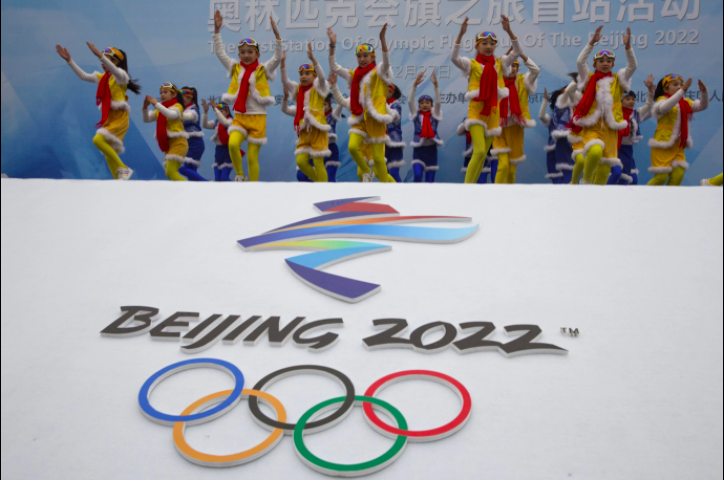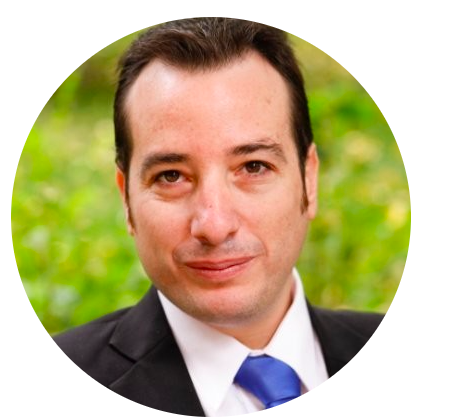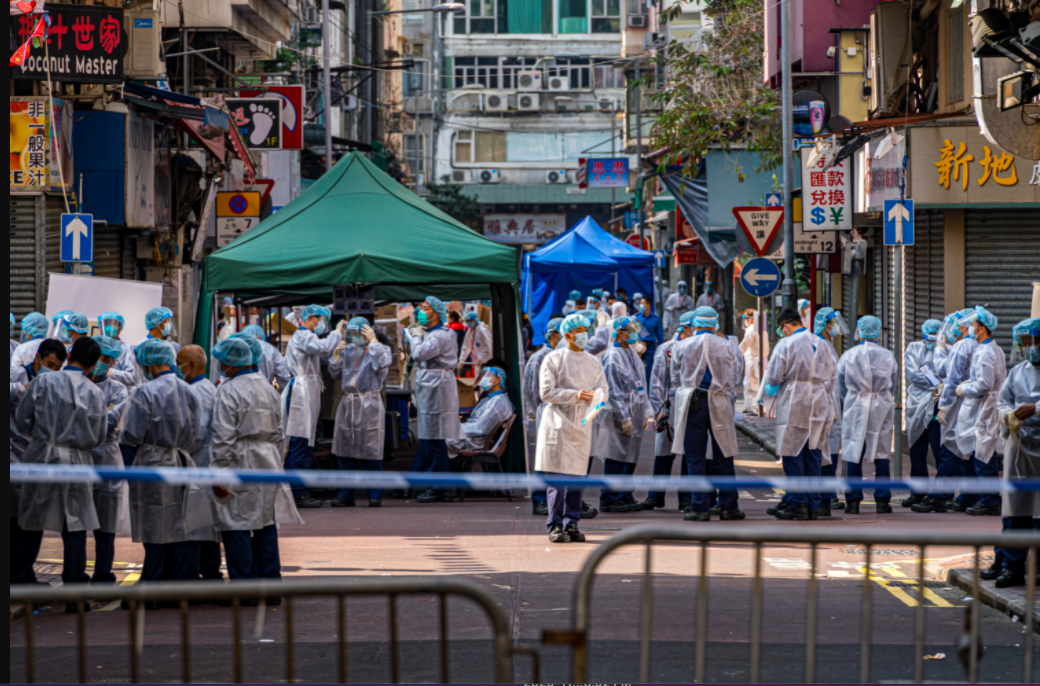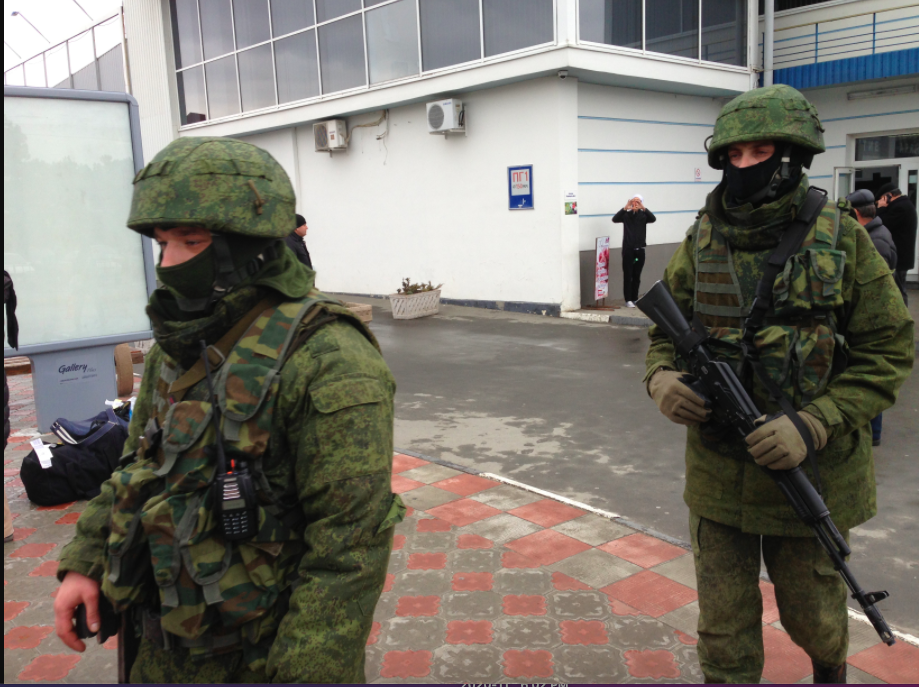
Russian ASATs and Invasions: What Does Recent Posturing Mean For the Possibility of War in Ukraine?
The general consensus among NATO intelligence, international media, and now even the Russian Foreign Ministry, is that a military invasion of Ukraine is very much on the table. There is a further consensus that the tipping point has yet to be reached - however an inflection will almost certainly occur if Moscow’s “red lines” are not taken to heart (namely, no provision of advanced long range weapons and a formal promise not to accede Ukraine into NATO). Thus far, the conversation among the Western powers has been far more concerned with trying to develop effective economic countermeasures to deter Putin from escalating the simmering 7 year conflict on Ukraine’s eastern border to an all out war, rather than de-escalation through diplomacy. This is dangerously narrow-minded given that the Kremlin has undoubtedly taken these factors into consideration while setting in place the means necessary to launch a full scale operation, which are projected to be achieved by early January. More importantly, the United States and the NATO Alliance seem to be blind to the sheer magnitude of the threat that their westward enlargement poses in the mind of Russian leaders and military planners. For such bellicose and costly options to seem viable for Moscow, which has yet to recover from the last round of sanctions, the dangers of Ukraine entering the Western sphere of influence and military apparatus must be understood as inherently existential.
